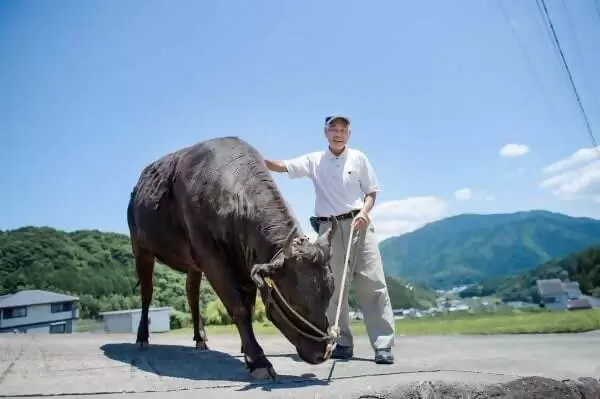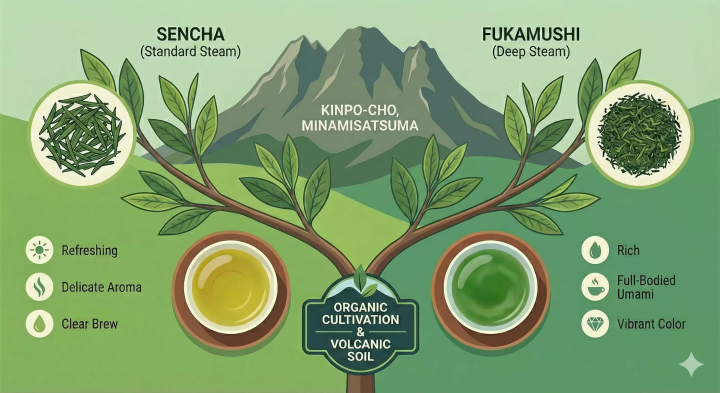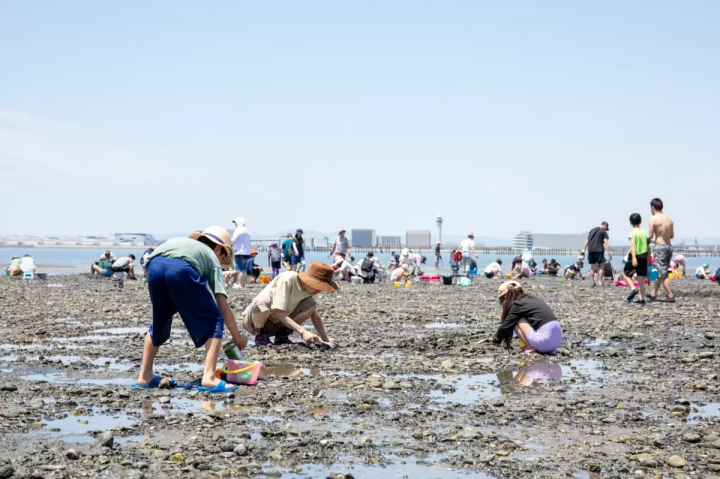Exploring Kusatsu-juku and the history of Tenjo River

Kusatsu River was known nationwide as an "elevated river." We will explore the park built on the site of the river, as well as the spots of Kusatsu-juku, where the Tokaido and Nakasendo roads intersect.
Approximately 3 hours
A guide who knows the local area well will show you around!
We will introduce you to a course that has been carefully prepared by the Kusatsu City Tourist Volunteer Association. Why not take a tour with a guide who loves Kusatsu?
Exploring Kusatsu-juku and the history of Tenjo River
Kusatsu River was known nationwide as an "elevated river." We will explore the park built on the site of the river, as well as the spots of Kusatsu-juku, where the Tokaido and Nakasendo roads intersect.
The Kusatsu River was known nationwide as a typical overhead river, a river whose riverbed is higher than the surrounding ground, and which was constantly at risk of flooding.
Construction began in 1982, and the river was diverted, and the new Kusatsu River was opened in 2002. In 2017, two parks were built on the former site of the Kusatsu River, and they have become places of relaxation for local residents and tourists. One of these is "de Ai Hiroba."
Jozenji Temple
Founded in 735, this is the oldest temple in Kusatsu-juku. It is said that Tokugawa Ieyasu stayed here when he went to Kyoto after winning the Battle of Sekigahara in 1600. The principal image of the temple, a seated statue of Amida Nyorai, is designated as an Important Cultural Property.
Apply for a guide here
Application and Inquiry
Kusatsu City Tourist Volunteer Guide Association
〒525-0034 Kusatsu City Downtown Community Facility Kusatsu Yumehonjin 2-10-21 Kusatsu, Kusatsu City, Shiga Prefecture
TEL 077-563-3700 FAX 077-563-3700 Reception hours: 9:30-18:00 (Closed 12/29-1/3)
Spots introduced in this itinerary
This site introduces tourist information for Kusatsu City, Shiga Prefecture. It is packed with information on attractive spots, hotels, and gourmet food, such as the nature-filled aquatic plant park Mizunomori, Lake Biwa Museum, the historic Tachiki shrine and the Sandai shrine, Kusatsujuku Honjin, and Rokuha Park, which is fun for the whole family.
The contents on this page may partially contain automatic translation.






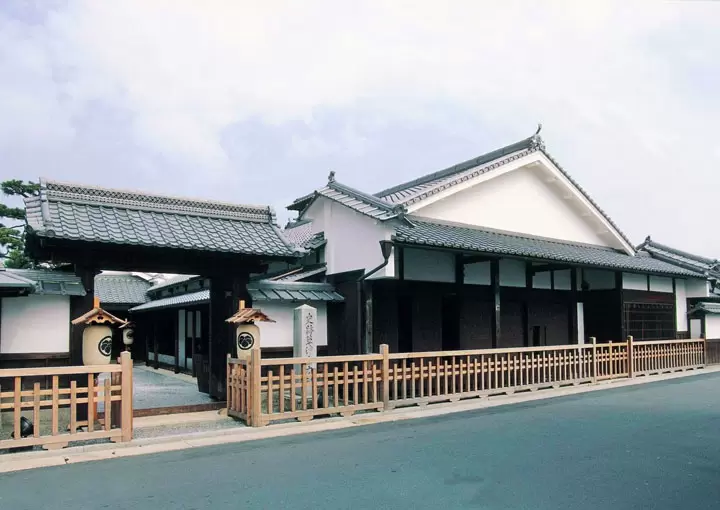

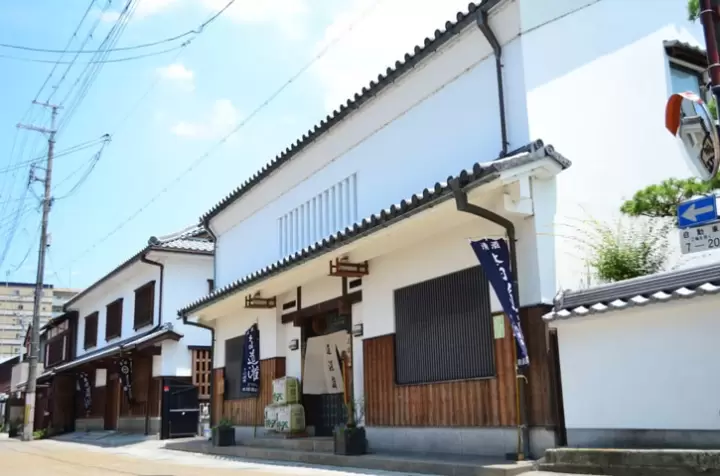



![[Ritto City, Shiga Prefecture] Konshoji Temple, a hidden moss village nestled in Mt. Konze](https://resources.matcha-jp.com/resize/720x2000/2023/11/29-154330.webp)



























![[Kagoshima] Overcoming 12 Years of Hardship: Walking through Minamisatsuma City, the sacred land where the monk Ganjin landed](https://resources.matcha-jp.com/resize/720x2000/2026/02/21-259481.webp)
